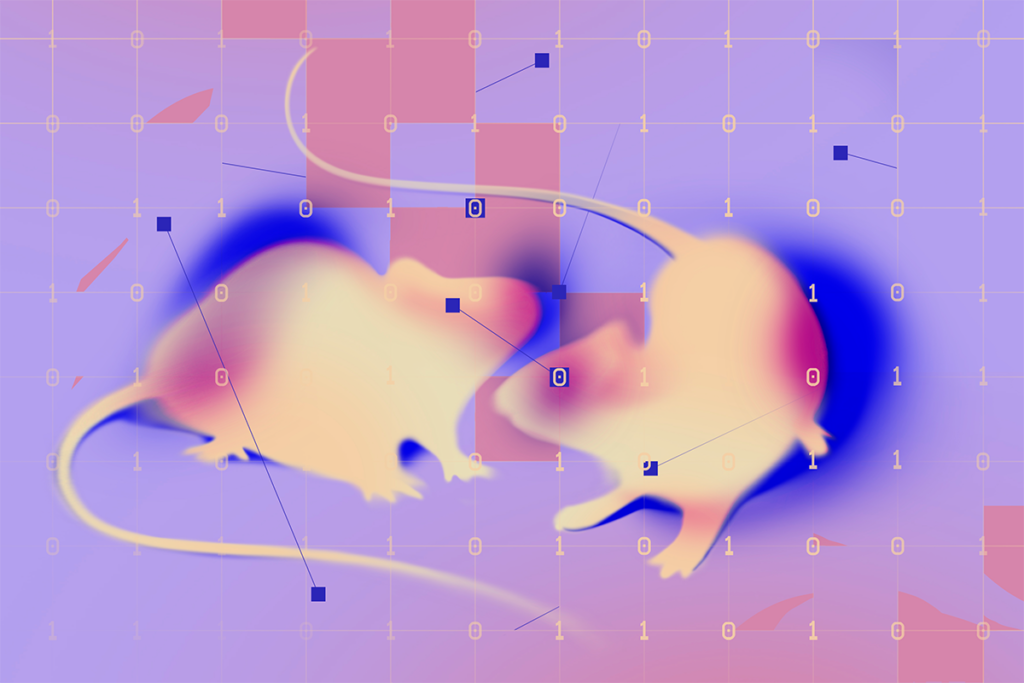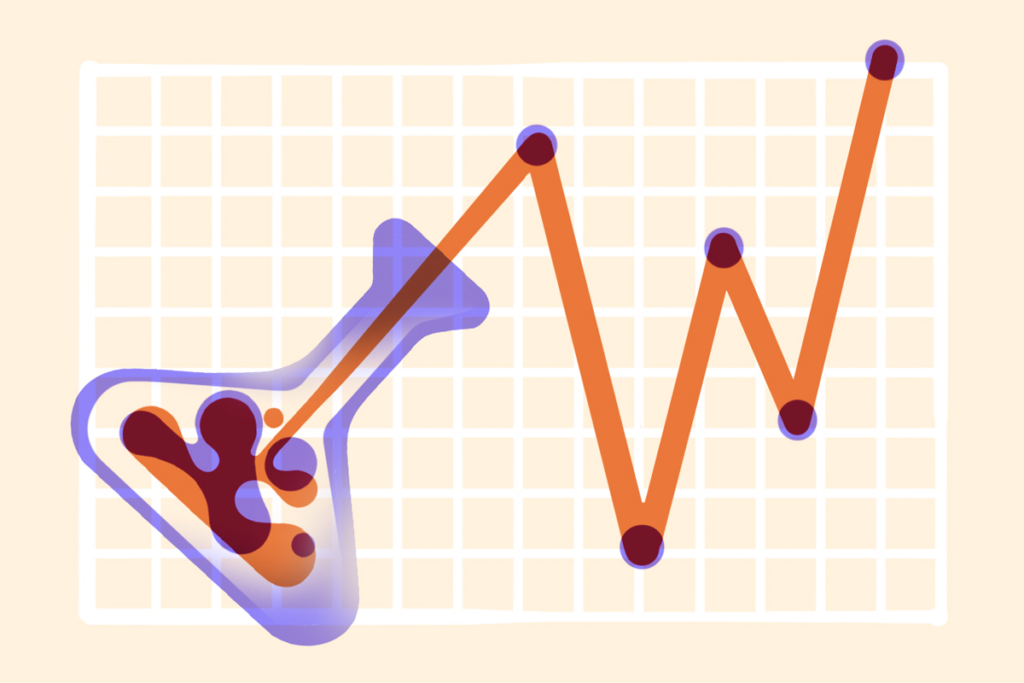Adrià Voltà
Illustrator
From this contributor
How artificial agents can help us understand social recognition
Neuroscience is chasing the complexity of social behavior, yet we have not answered the simplest question in the chain: How does a brain know “who is who”? Emerging multi-agent artificial intelligence may help accelerate our understanding of this fundamental computation.

How artificial agents can help us understand social recognition
Null and Noteworthy: Reexamining registered reports
Out of 92 preregistered studies that resulted in published papers, only 15 had fully adhered to their preregistration details, according to a new analysis.

Null and Noteworthy: Reexamining registered reports
Null and Noteworthy, relaunched: Probing a schizophrenia biomarker
This edition of Null and Noteworthy—the first for The Transmitter—highlights new findings about the auditory steady-state response in people with schizophrenia that, all within one study, somehow packed in a null result and a failed replication.

Null and Noteworthy, relaunched: Probing a schizophrenia biomarker
Why hasn’t genetics taught us more about schizophrenia?
Large-scale genomics studies have failed to identify specific pathways that go awry in schizophrenia. Alternative approaches focusing on cellular, molecular and systems-level changes may be needed.

Why hasn’t genetics taught us more about schizophrenia?
Open-access neuroscience comes to the classroom: Q&A with Liz Kirby
Neuroscience textbooks can be prohibitively expensive for some undergraduate students. A new open-access alternative seeks to change that.

Open-access neuroscience comes to the classroom: Q&A with Liz Kirby
Explore more from The Transmitter
Astrocytes orchestrate oxytocin’s social effects in mice
The cells amplify oxytocin—and may be responsible for sex differences in social behavior, two preprints find.

Astrocytes orchestrate oxytocin’s social effects in mice
The cells amplify oxytocin—and may be responsible for sex differences in social behavior, two preprints find.
Neuro’s ark: Spying on the secret sensory world of ticks
Carola Städele, a self-proclaimed “tick magnet,” studies the arachnids’ sensory neurobiology—in other words, how these tiny parasites zero in on their next meal.

Neuro’s ark: Spying on the secret sensory world of ticks
Carola Städele, a self-proclaimed “tick magnet,” studies the arachnids’ sensory neurobiology—in other words, how these tiny parasites zero in on their next meal.
Autism in old age, and more
Here is a roundup of autism-related news and research spotted around the web for the week of 2 March.

Autism in old age, and more
Here is a roundup of autism-related news and research spotted around the web for the week of 2 March.